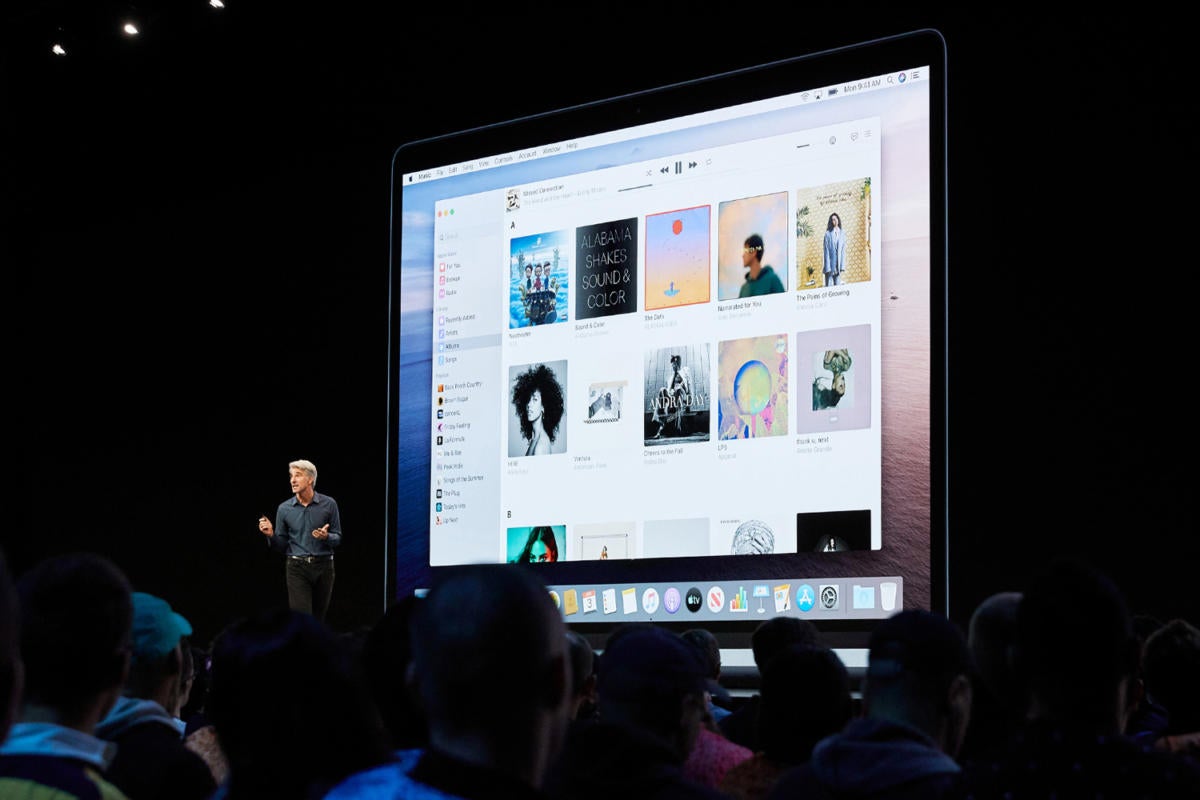Message to IT: Trusting Apple and Google for mobile app security is career suicide

Credit to Author: Evan Schuman| Date: Mon, 01 Jul 2019 05:47:00 -0700
Ready for the mobile security news that IT doesn’t want to hear about but needs to? When security firm Positive Technologies started pen-testing various mobile apps, security holes were rampant.
We’ll plunge into the details momentarily, but here’s the upshot: “High-risk vulnerabilities were found in 38 percent of mobile applications for iOS and in 43 percent of Android applications” and “most cases are caused by weaknesses in security mechanisms — 74 percent and 57 percent for iOS and Android apps, respectively, and 42 percent for server-side components — because such vulnerabilities creep in during the design stage, fixing them requires significant changes to code.”








